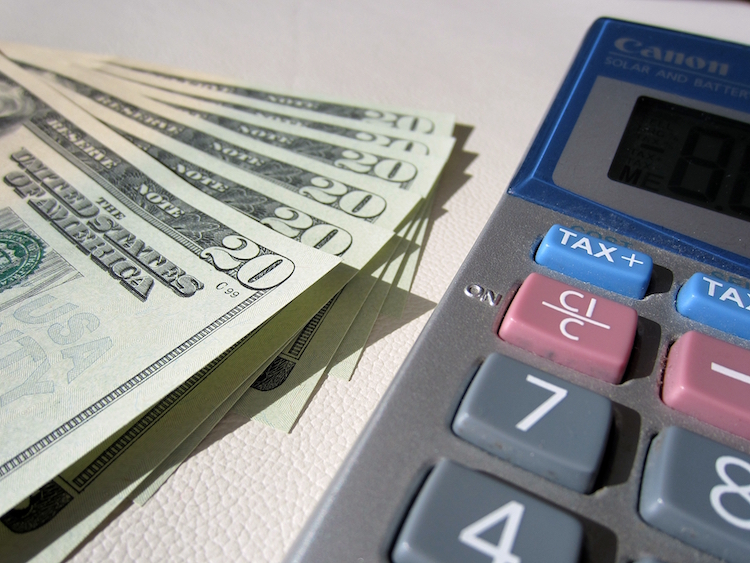The following guest post is written by Erin Lowry, a personal finance expert and founder of well-known blog Broke Millennial. Erin created her blog to increase financial literacy and is known for her smart yet attainable advice to thousands of broke millennials.

You might be familiar with the common tips to automate your savings. It’s actionable advice that sounds great, in theory, but you probably feel like it’s just not possible. Looking at your bank account towards the end of each month makes you think there isn’t possibly a spare penny or two that can be stashed away into savings. Spoiler alert: you’re probably wrong.
You can’t trim the fat without understanding your cash flow
Oh, the joys of budgeting. It’s such a commonly reviled word and practice, and yet, it’s the surest way to reduce your financial stress and get on the right track to building wealth. After all, if you don’t understand the cash flow of how much you have coming in and going out – then how will you ever be able to trim the fat in your budget?
Take 15 minutes to sit down and write out all your fixed monthly bills like housing, cell phone, Netflix, and student loan payments. Add all these charges up and subtract that number from your monthly, post-tax, income. The remainder is the amount you have to work with in terms of both spending and saving. Ultimately, the money you’re saving should be routed directly into savings before it hits your checking account. Hence the delightful expression, “pay yourself first.” Plus, if you aren’t already contributing to an employer-matched retirement program before your money hits your checking account, then that’s a simple way you can start to save a little extra and take advantage of free money!
Do you really need those reoccurring charges?
After establishing the basics of your monthly cash flow, it’s time to comb over your credit card and bank statements to see if there are any reoccurring charges that you don’t use anymore or didn’t even realize were there. It’s so easy to hand over your credit card information in exchange for a free two-week trial of a product and then forget to unsubscribe.
Costs millennials can reconsider
Once cash flow is established and credit cards free of unnecessary reoccurring charges, then it’s time to take a look back at those fixed monthly expenses and decide where to slash in order to free up more room in your budget.
The go-to common offenders are often:
- Cable: Just cut the cord already. You know you’re primarily using Netflix anyway. Price out how much it would cost just to have Internet because no one needs a landline + cable bundle anymore.
- Cell phone plan: Shop around and compare costs for your cell phone plan. The biggest financial gains usually come when you’re willing to part ways with the fanciest of phones. Just something to keep in mind if you’re really dedicated to doubling down on saving.
- Living alone: Surprisingly enough, there are millennials who no longer living with mom and dad. Some are even living alone! Getting a roommate is an easy way to cut bills in half and free up some of your cash flow if you’re struggling to figure out how to save a little extra.
- Eating out regularly: “I can’t cook” isn’t an excuse. Learn how to make a few dishes well (it’s part of adulthood) and a few dishes that are passable enough to eat. Start brown bagging it to work at least three days a week and eat dinner at home most days. You’ll see a whole bunch of money get added back into your bank account. Brownie points if you cook in bulk during the weekend and stockpile some frozen meals.
- Insurance: Reducing insurance costs immediately pads your bottom line. Switching your car insurance over to Metromile and paying per mile, instead of a fixed rate for times you aren’t even in the car, could mean finding an extra student loan payment in your budget. Get a free quote here to see just how much you could save.
So, you think you saved your money
Congratulations, you’ve found some extra money month-to-month by slashing expenses and negotiating on existing bills. But are you actually saving your money? The money you’ve freed up needs to be proactively moved to savings. Leaving this spare cash in your checking account just means it will be used for some other non-necessity and not put towards meeting your financial goals. Add this newly found cash to the amount of money you have automatically routed out of your paycheck and into savings before it hits your checking account, because obviously you’ve already set that up in the process of becoming a financial boss.
